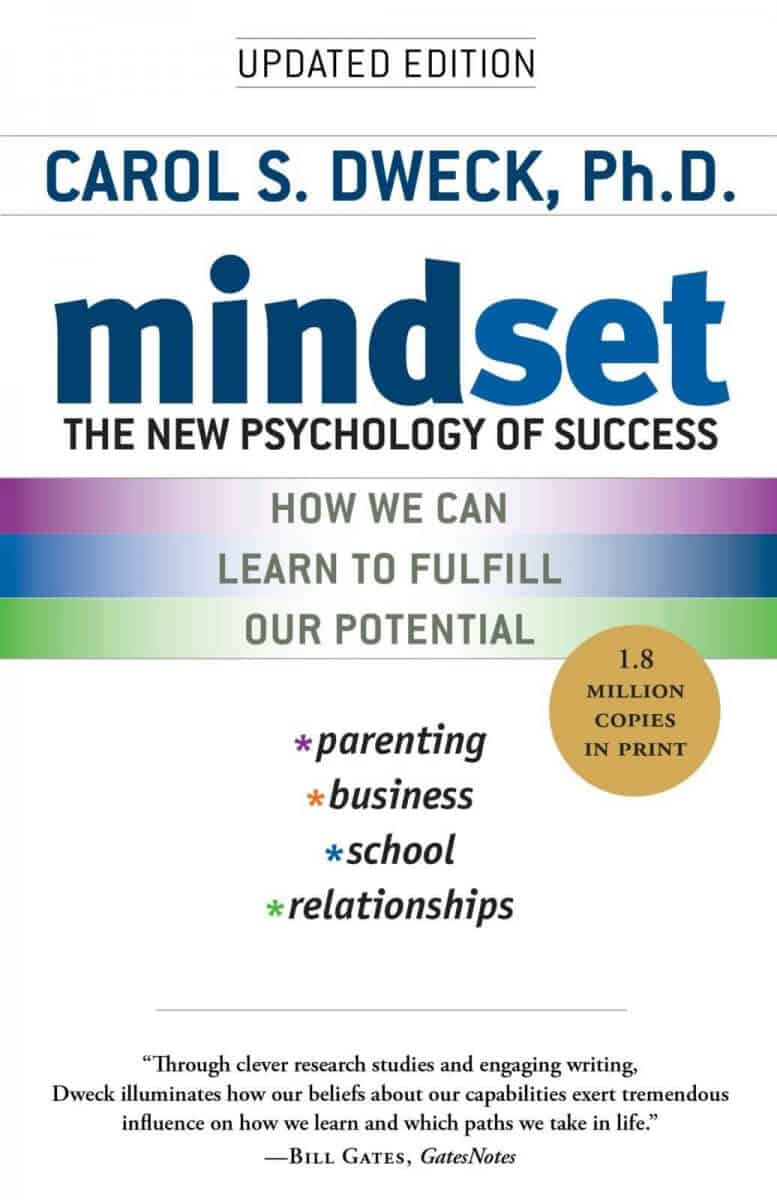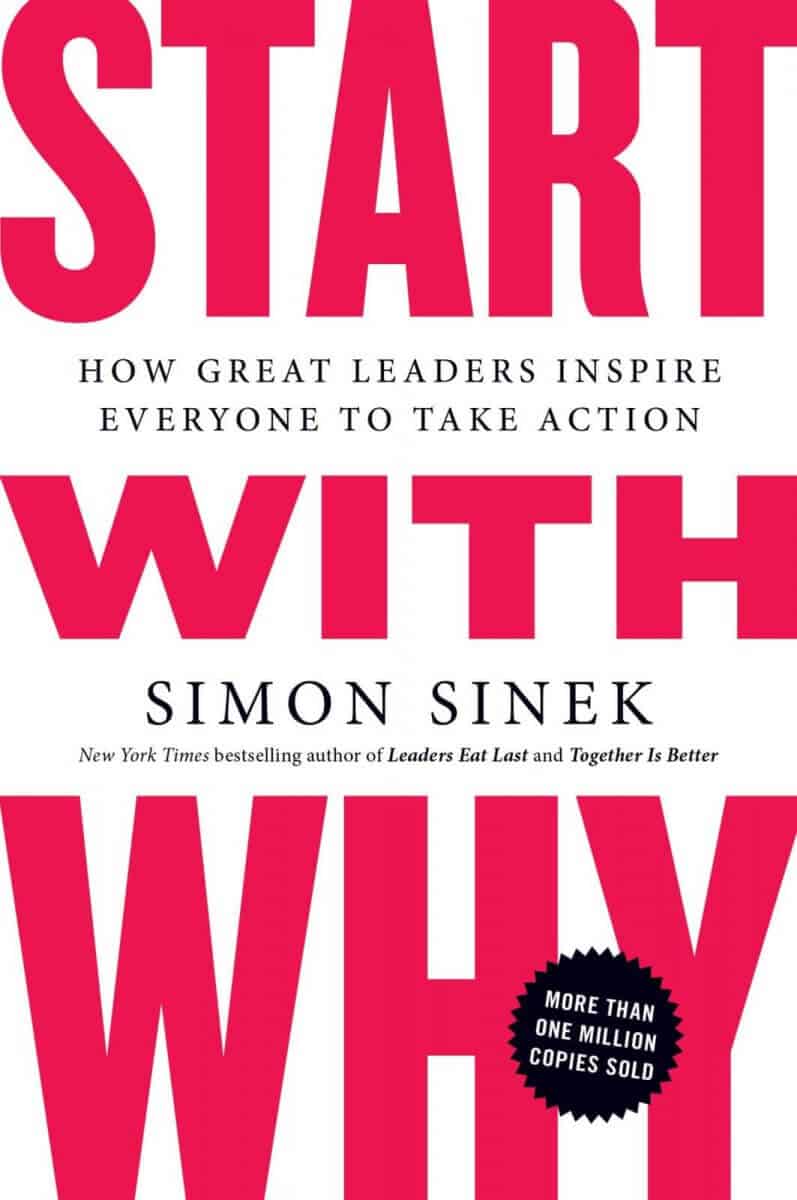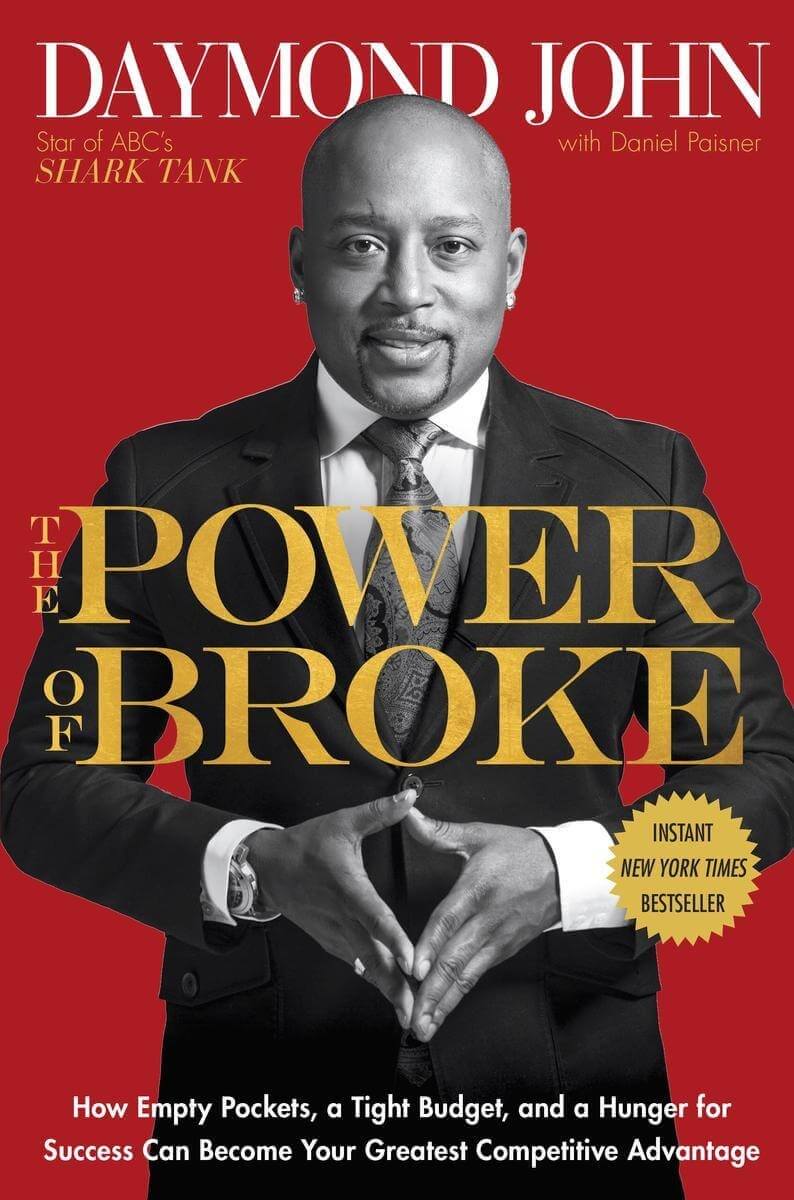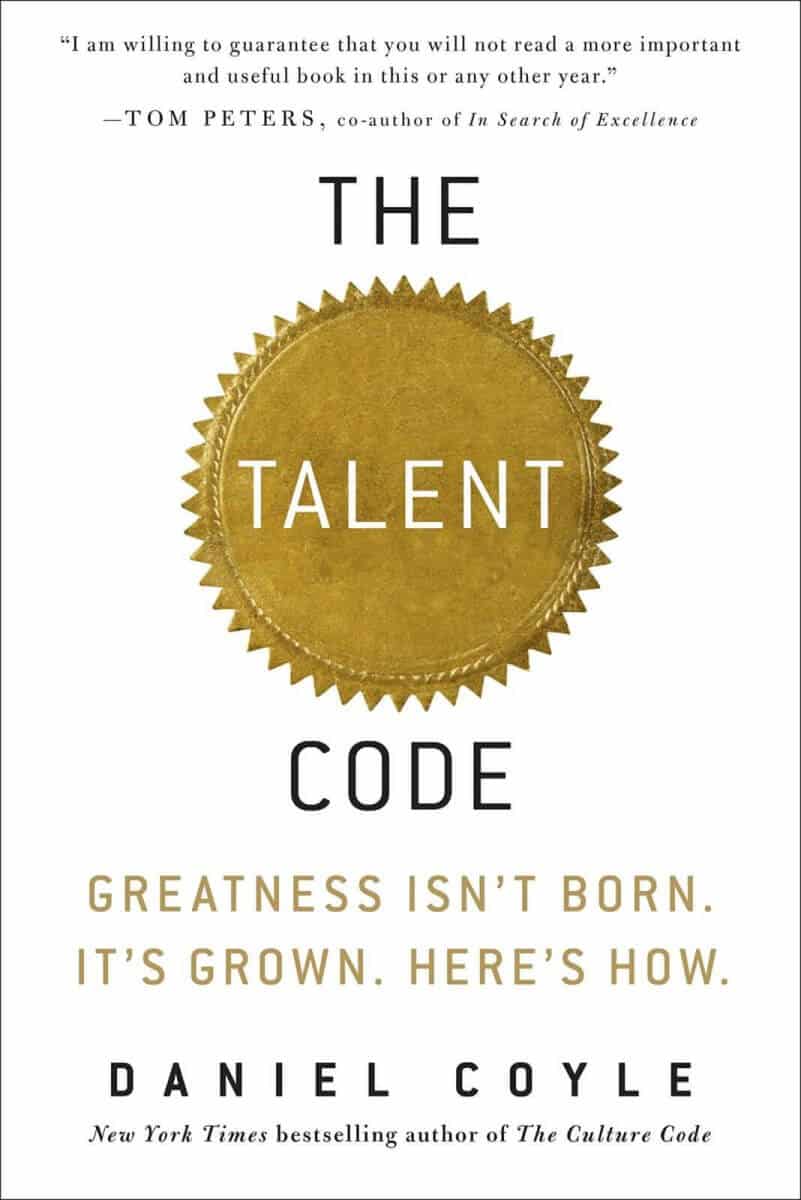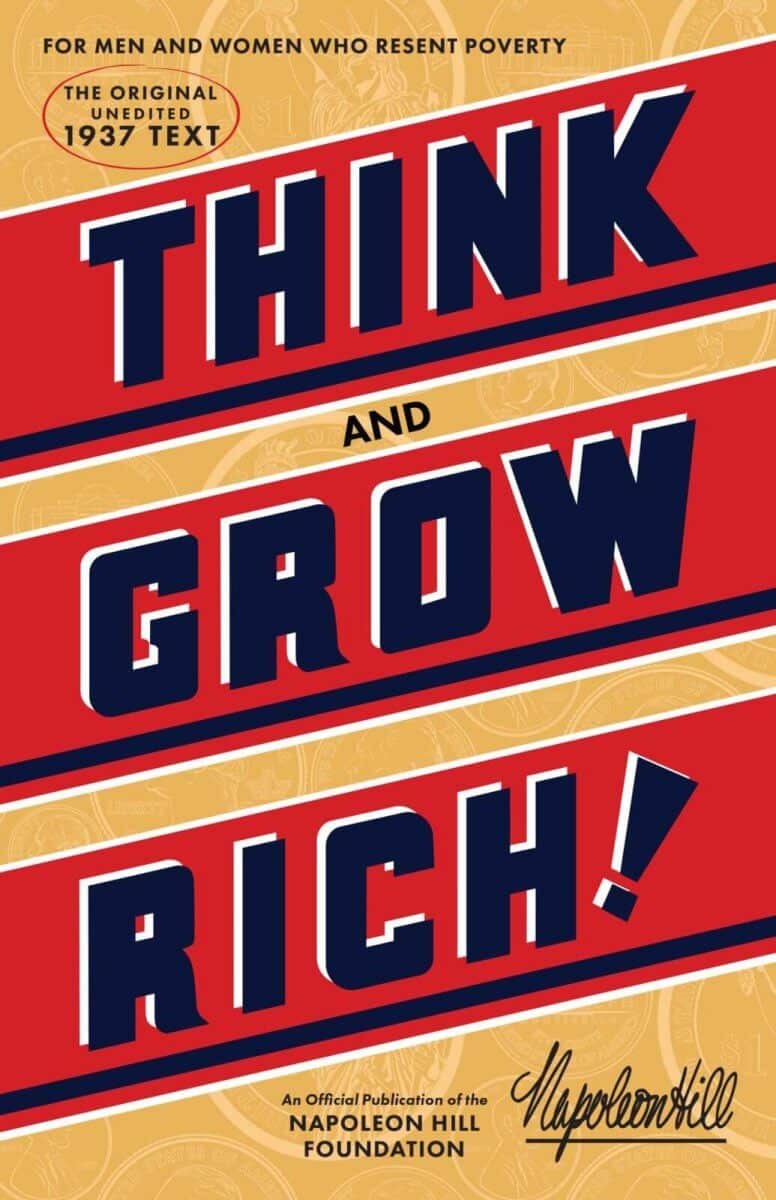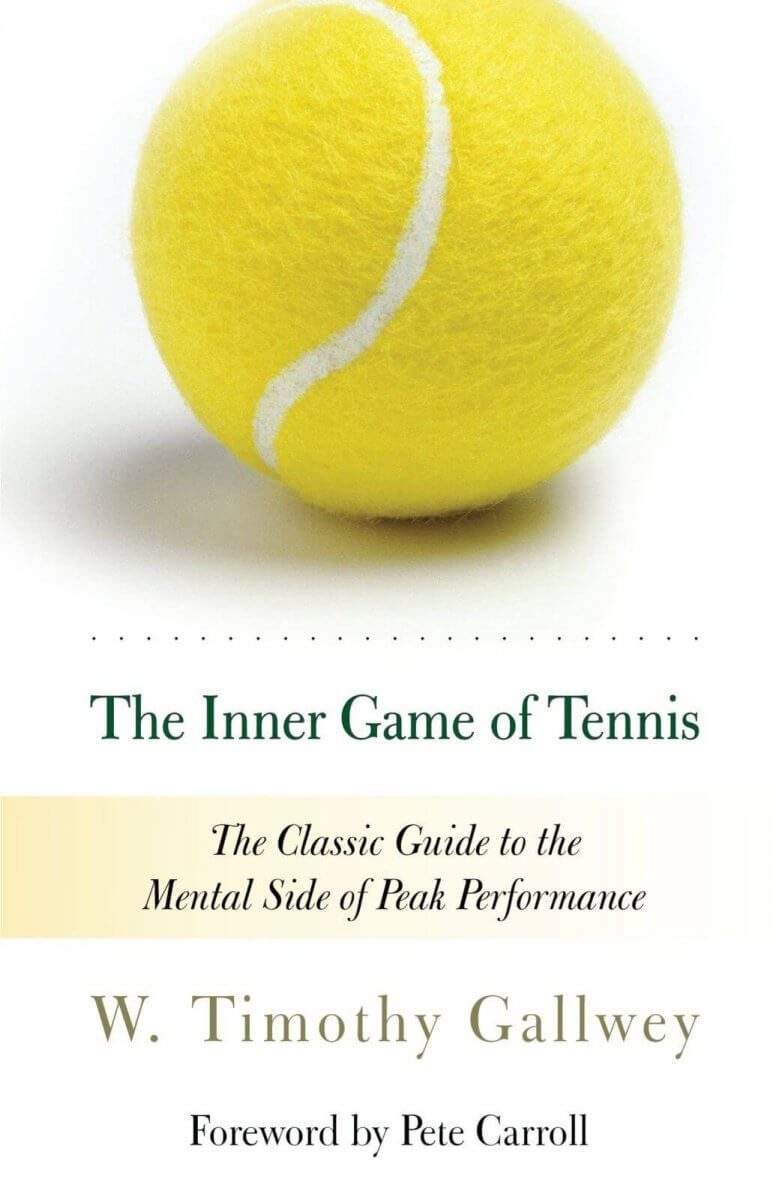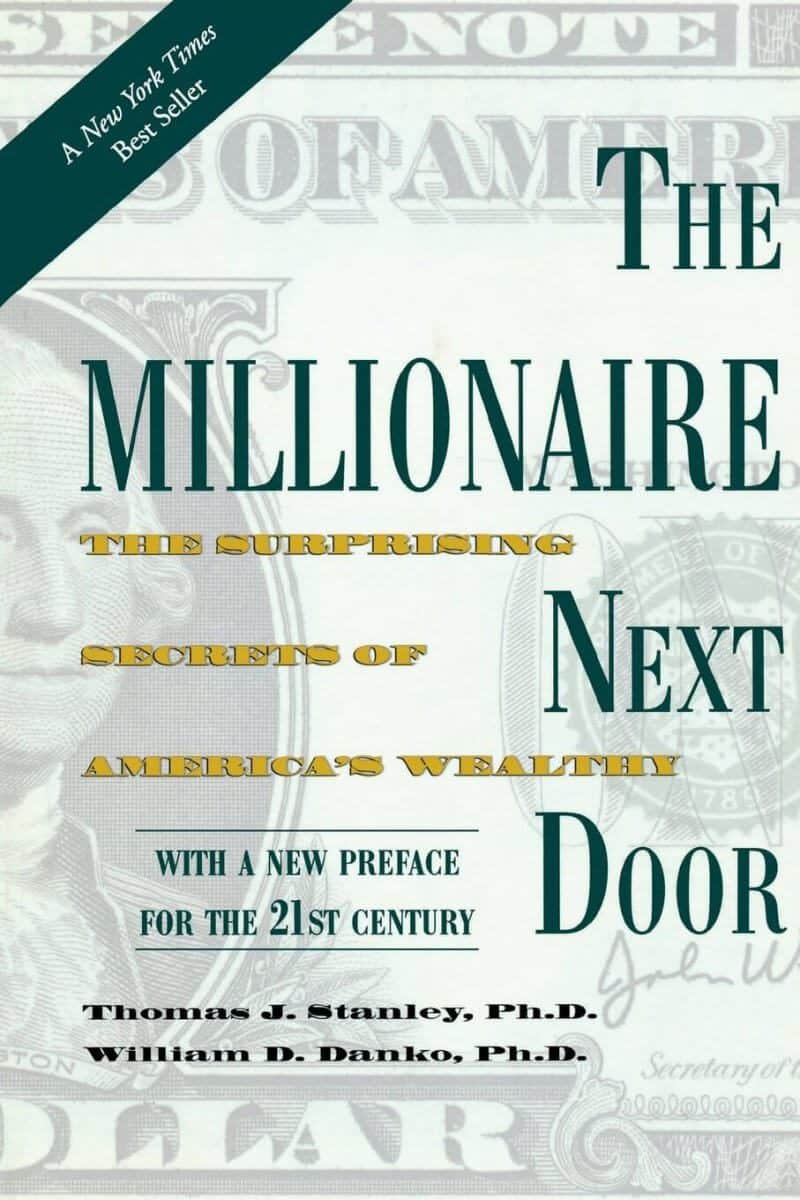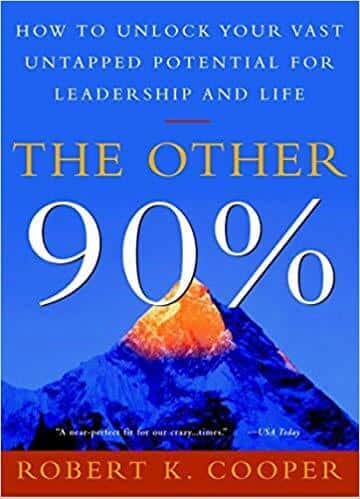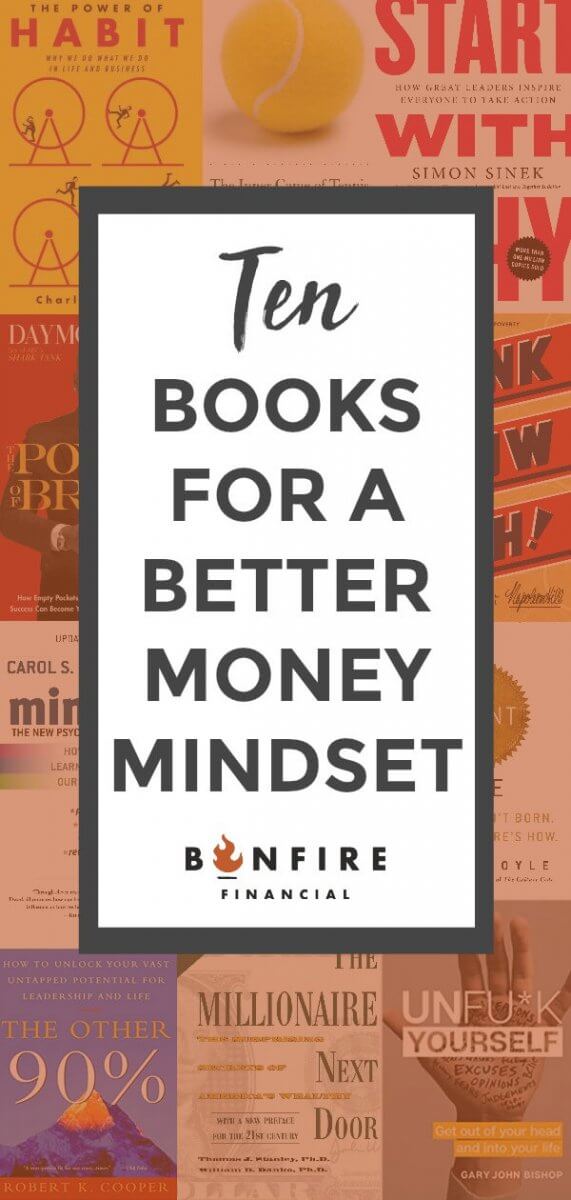High Income to High Net Worth
If you’re making a good living but don’t quite feel wealthy, you’re not alone. Many high earners find themselves wondering why their bank account doesn’t reflect their paycheck. You work hard, you’re responsible, and yet your net worth hasn’t grown the way you expected. That’s the difference between high income and high net worth.
We see it all the time: successful professionals earning six figures (or more) who still feel like they’re on a treadmill. The money comes in, the money goes out, and lifestyle upgrades happen faster than wealth accumulation. The good news? Turning high income into lasting wealth isn’t about luck or secret strategies; it’s about mindset, discipline, and simple systems that work automatically in your favor. Let’s dig in.
Listen Now: iTunes | Spotify | iHeartRadio | Amazon Music
High Income vs. High Net Worth: Understanding the Gap
First, it helps to define the terms. High income is what you earn. It’s your salary, bonuses, commissions, and business profits. It fuels your lifestyle, your savings, and your spending. High net worth, on the other hand, is what you keep. It’s the total value of your assets: cash, investments, real estate, business equity, minus your debts.
The two are connected, but not automatically. You can earn a lot and still build very little wealth if every dollar is spent as quickly as it’s made. This gap between income and wealth is what we help clients close every day. The key lies in managing the flow of money, how it moves from income to savings, from savings to investment, and from investment to financial freedom.
The Happiness Factor: What Money Really Buys
There’s a saying that “money can’t buy happiness.” That’s only partly true. Money absolutely buys security. If you’ve ever worried about paying bills, covering an emergency, or affording a safe home, you know that financial stability brings peace of mind.
But beyond a certain level, money doesn’t make life better, it just enhances it. It gives you better seats, not necessarily a better show. That’s why the real goal isn’t endless accumulation, it’s freedom. Freedom to make choices, to take time off, to support your family, to enjoy the finer things without financial stress tagging along for the ride. So the focus becomes: how do you turn that high income into the kind of wealth that gives you lasting freedom?
Step 1: Automate Your Savings
The easiest way to save more money? Stop relying on willpower. When you automate your savings, direct deposits, investment contributions, and retirement funding, it removes emotion from the equation. You’re not constantly deciding whether to save or spend. It just happens.
Think of it like your own version of a tax. The government takes their cut before you ever see your paycheck. You should, too. Except this time, you benefit from it. Set up automatic transfers to your 401(k) or retirement account, a high-yield savings account, an investment account for long-term goals, and a “freedom fund” for travel, experiences, or passion projects. The goal is to make saving so consistent that it becomes invisible, and therefore, sustainable.
Step 2: Spend Less Than You Make (Even When You Can Afford More)
Simple advice. Hard to do. As income rises, spending tends to rise right alongside it. This is called lifestyle creep, and it’s the quiet killer of net worth. Maybe you upgraded your car, your house, your vacations, or your wardrobe. Individually, none of those things are bad. But collectively, they can keep you stuck in the same financial position year after year.
A smarter approach is to grow your lifestyle one step behind your income. If you get a raise, increase your savings rate before you increase your spending. You’ll still feel the benefit of your success—but your wealth will grow faster in the background.
We often use what we call the Stair Step Strategy: start small, cover the essentials and save a little. Increase savings before upgrading lifestyle. Repeat each time income rises. Over time, your wealth compounds while your lifestyle still improves, just at a sustainable pace.
Step 3: Invest Intentionally
Saving is important. Investing is essential. Cash sitting in a low-interest account loses value every year to inflation. The key to building true wealth is putting your money to work.
That doesn’t mean chasing risky investments or trying to outsmart the market. It means building a portfolio that matches your goals, your timeline, and your tolerance for risk. We like to remind clients that wealth is built through boring consistency—not excitement.
Focus on diversified investments across stocks, bonds, and alternatives, tax-efficient strategies to minimize what you lose to Uncle Sam, regular rebalancing to keep your risk in check, and staying invested even when markets get choppy. Compounding returns are quiet, but they’re powerful. Every dollar you invest today buys your future freedom.
Step 4: Protect What You’re Building
Once you’ve started building wealth, protecting it becomes just as important as growing it. That means reviewing your insurance, your estate plan, and your tax strategy regularly.
Too often, high earners overlook this step because it doesn’t feel urgent—until it is. A lawsuit, illness, or tax mistake can undo years of progress. Protect your wealth with the right levels of life, disability, and liability insurance, an updated estate plan and beneficiaries, a tax strategy that captures deductions and deferrals, and a trusted team of advisors who coordinate your entire financial picture. Wealth without protection is fragile. Think of this step as the safety net beneath your financial ladder.
Step 5: Redefine “Enough”
One of the biggest mindset shifts in wealth building is deciding what “enough” looks like for you. If your financial goals are vague, “I just want more”, you’ll never know when you’ve arrived.
Start defining enough in concrete terms: enough savings to cover emergencies, enough income to support your lifestyle without stress, enough net worth to give you options. That clarity helps you make smarter choices. It also helps you enjoy what you’ve already achieved, instead of constantly chasing the next level. Remember: wealth isn’t just money, it’s freedom, flexibility, and peace of mind.
Step 6: Align Your Money With Your Values
Money should serve your life, not the other way around. Take a step back and ask: what do I actually want my money to do for me? Maybe it’s early retirement. Maybe it’s starting a business, funding your kids’ education, or giving back to causes you care about.
When your money aligns with your values, your financial plan feels less like restriction and more like empowerment. That’s the real difference between high income and high net worth: it’s not just about how much you earn or own, but about how intentionally you use it.
Common Pitfalls That Keep High Earners Stuck
Even smart, successful people make these mistakes. Avoiding them is half the battle.
-
No system for saving. If you wait until the end of the month to see what’s left, there rarely is anything left. Automate it.
-
Letting debt linger. Car loans, credit cards, and lifestyle debt eat away at your ability to invest. Pay them down strategically.
-
Ignoring taxes. Taxes are often a high earner’s biggest expense. A proactive plan can save thousands every year.
-
Overinvesting in lifestyle. A bigger house, nicer car, and luxury trips can feel rewarding, but they can delay true wealth. Don’t fall into FOMO.
-
Not asking for help. You don’t need to BE a financial expert to build wealth. You just need a plan and the right people guiding you.
Step 7: Make It Boring (So It Works)
The best wealth-building systems are simple and repeatable. Automate your savings. Invest regularly. Spend with intention. Revisit your goals once or twice a year. That’s it. It’s not flashy, but it works. And when you stop thinking about money every day, that’s when you know you’re winning. Because financial freedom isn’t about constant optimization, it’s about not worrying anymore.
Step 8: Measure Progress, Not Perfection
One of the biggest motivators in wealth building is tracking your progress. Just like tracking workouts or health goals, seeing your net worth increase, even slowly, keeps you motivated.
Start by reviewing your finances quarterly. How much are you saving? Is your debt decreasing? Are your investments growing? Are you still aligned with your goals? Progress compounds. Don’t let small setbacks derail you. Focus on trends, not perfection.
The Real Goal: Freedom
In the end, going from high income to high net worth isn’t about accumulating stuff, it’s about creating freedom. Freedom to take time off, freedom to retire early, freedom to say no, and freedom to live life on your own terms.
When your money supports your life instead of controlling it, that’s wealth. So keep saving. Keep investing. Keep taking those steady stair steps upward. You’ll wake up one day and realize you’re not just earning well, you’re living well.
Ready to Turn Your High Income into Real Wealth?
If you’re ready to build a plan that works automatically in the background while you focus on living your life, we can help. At Bonfire Financial, we help professionals and families create smart, personalized strategies to grow wealth, reduce stress, and enjoy more freedom.
Let’s make your money work as hard as you do. Book a call with us today to get started.
 Client Login
Client Login


